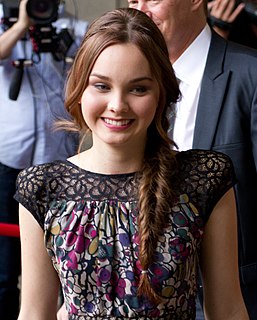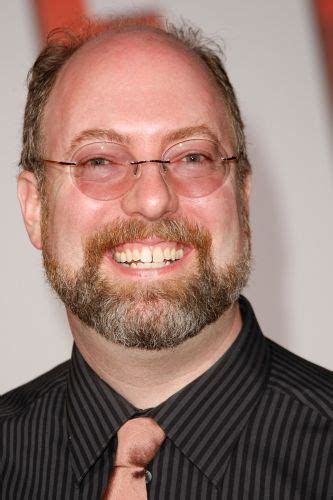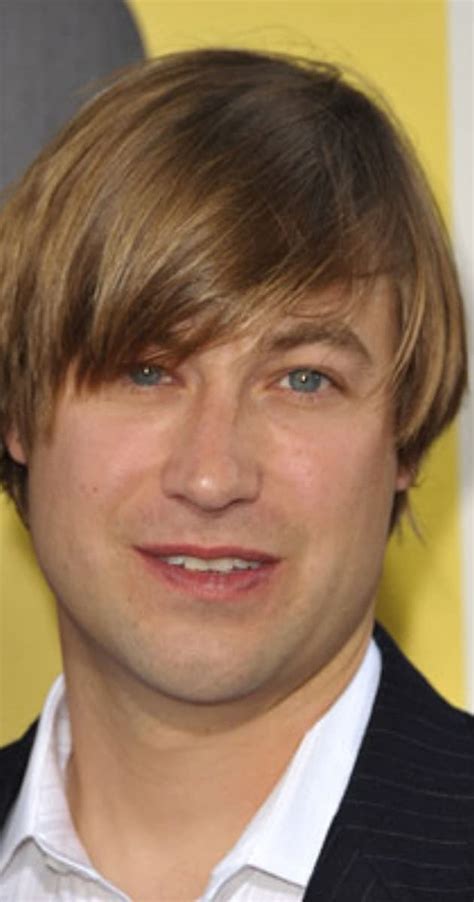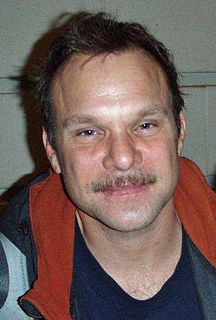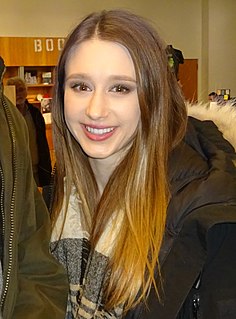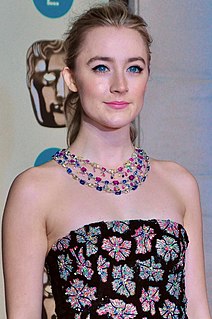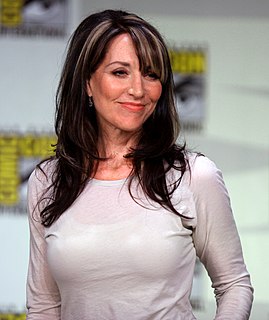A Quote by Liana Liberato
I always want the audience to identify with my character in some way. I mean, sometimes you'll get characters that aren't very identifiable. Sometimes you can't relate to your character at all.
Related Quotes
I always want the audience to identify with my character in some way. I mean, sometimes you'll get characters that aren't very identifiable. Sometimes you can't relate to your character at all. I think it's important to keep the audience interested. But the best advice that I've gotten is to live in the moment.
TV is longer form, and that's sometimes a positive, and sometimes a more challenging thing. As an actor, you want to be able to have your character develop or transform in some way. When you're acting on a show over the course of multiple seasons, you get to watch a character really grow and change, and go from one place to an entirely other place.
Sometimes you can do certain things on stage, or even in a TV series, and people see the look on your face and they know what you mean, so you can get away with certain things. But if you can't create that look on an animated character, which is essentially a puppet, the line will hit the audience in a very bad way.
Of course, even if the directors like my ideas or the designs I do, they may end up changing the story so much, that those characters have to change, or get cut out altogether, and that's just the way it is. Sometimes the directors are designers themselves, or they want to work with a character designer who will do things in their own distinct way - sometimes the most important thing I do is figure out what they don't want to do, by experimenting. Either way, whether they use my ideas or not, I get paid, so it's all good.
I have always liked kind of outsider characters. In the movies I grew up liking, you had more complicated characters. I don't mean that in a way that makes us better or anything. I just seem to like characters who don't really fit into. You always hear that from the studio: "You have to be able to root for them, they have to be likeable, and the audience has to be able to see themselves in the characters." I feel that's not necessarily true. As long as the character has some type of goal or outlook on the world, or perspective, you can follow that story.
If you normally go quiet when you get angry, you may not relate to a character that reacts very differently. But if you see someone internalising the anger like you do, you will immediately identify with him or her. It's these small things that penetrate your psyche and make you relate at a deeper level.
If you get the characters right you've done sometimes nearly half the work. I sometimes find I get the characters right then the characters will often help me write the book - not what they look like that's not very important - what people look like is not about their character. You have to describe the shape they leave in the world, how they react to things, what effect they have on people and you do that by telling their story.
Sometimes not honoring your character makes for really good television, but that also can really upset fans. You have to turn things upside sometimes. As a storyteller, you have to know that sometimes you're going to let your fans and the audience down because you have to do your part in servicing the story.
I don't know quite how a story develops in my head. It is a bit chaotic. If I am working on a series, one of the main characters at least is already in existence as well as some setting and minor characters. Finding the other main character can be a challenge. Sometimes this character already exists in a minor role in another book.
I always had a struggle, which I still do, when you're playing a character and it's not necessarily your morals or your values. You're playing a character, but the way the media will sometimes ask you if these are your opinions, you know - they make you responsible for that, and I take issue with it because I don't believe in censorship.
